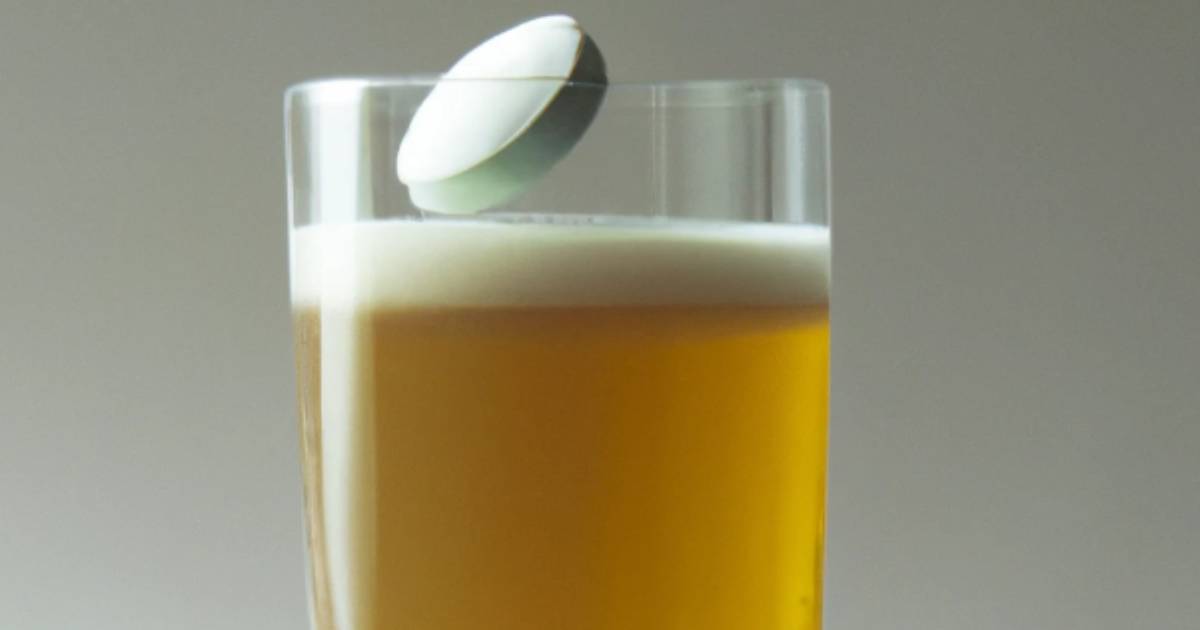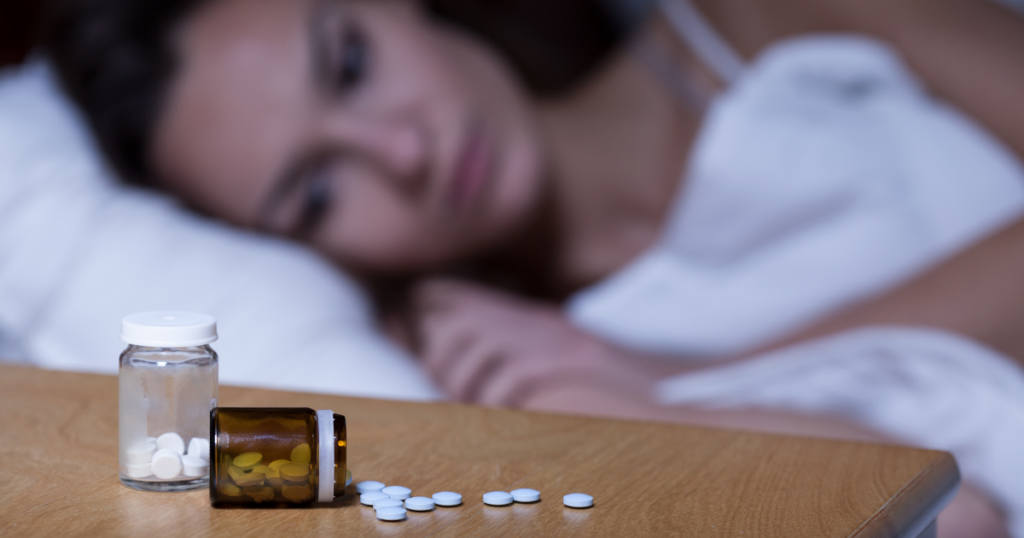We’ve reached a sad milestone in the opioid epidemic. More Americans have died from opioid overdose than were killed during the Vietnam War. Most of these deaths are attributed to more widely used opioids such as oxycodone and fentanyl. However, there are a number of lesser known opioids that contribute to fatalities each year. Tramadol is one of these lesser known opioids and it can be deadly if not used as directed.
Tramadol is not normally thought of as a drug of abuse as it has mild sedative effects and isn’t used for excessive, severe pain. However, tramadol can be just as deadly as any other opioid. This is especially true if a patient mixes tramadol with other substances, such as alcohol. It’s almost always a bad idea to mix substances together, especially alcohol. Alcohol is a drug that is extremely harmful on its own. When mixed with other medications it can cause many side effects including nausea, vomiting, headaches, drowsiness, fainting, or loss of coordination. It can also increase the risk of internal bleeding, heart problems, and respiratory issues.
What Is Tramadol?
Tramadol is a pain-relieving opioid analgesic medication used to help with moderate to moderately severe pain. It’s often prescribed after a serious surgery. Tramadol affects the central nervous system, changing the way that the brain responds to pain and offering relief.
As the opioid epidemic has grown, prescriptions for this drug have become increasingly common. Prescriptions of tramadol rose from 23.3 million in 2008 to 43.8 million in 2013, an increase of almost 90 percent.
Some common brands of tramadol include:
- ConZip
- FusePaq Synapryn
- Rybix ODT
- Ryzolt
- Ultram
Unfortunately, when tramadol is used for a long time it can become habit-forming and may even lead to mental or physical dependence. Respiratory depression, or slowed breathing, is another adverse affect associated with tramadol.
When taken in excess, tramadol can cause an overdose. The most common symptoms associated with tramadol overdose include central nervous system depression, nausea, vomiting and seizures. Higher doses of the drug can lead to a coma, respiratory depression, and cardiovascular collapse.
With the rise in prescriptions, there have been large increases in the trends for tramadol-related emergency room visits. Tramadol-related emergency room visits increased from just under 11,000 in 2005 to 27,421, an increase of over 170 percent.
While tramadol can be dangerous on its own, it can be especially problematic when it is mixed with other substances, such as alcohol.
Tramadol and Alcohol
Mixing alcohol with prescription opiates, such as tramadol, can result in a number of different physical health issues. Some of these effects include slowed breathing, lowered pulse, lowered blood pressure, unconsciousness, coma, and even potential death.
Combining alcohol and opioids can be harmful in many different ways. Some people do not understand that there are significant drug interactions and can be caught by surprise when they begin to drink while they are using these types of prescription drugs. Moreover, some people may take alcohol with other drugs when they believe it will give them a more stronger high or deeper intoxication. Along with these things, these substances can sometimes be used as a catalyst that can lead to other crimes.
The use of alcohol with medications that affect the central nervous system, such as tramadol, can worsen the side effects of the medication such as dizziness, poor concentration, drowsiness, trouble sleeping, and more.
Treatment Options
For those who are using tramadol in excess or are using the drug along with other substances, such as alcohol, there are treatment options available to help patients overcome their substance abuse issues. For those who need treatment, an inpatient rehab facility can help. An inpatient, or residential, treatment center is meant to provide patients with the tools and knowledge that they need to fight their addiction and achieve sobriety. Treatment in an inpatient rehab facility is characterized by a detoxification program and behavioral therapy.
During drug and alcohol detox, patients will be under medical supervision as they experience withdrawal symptoms. Generally, these withdrawal symptoms that patients go through can be dangerous, and even life-threatening in some cases. However, through medically supervised detox, medical professionals will ensure that patients safely overcome whatever withdrawal symptoms they may encounter.
Following detoxification, patients will go through a number of different behavioral therapy programs, both individual and group therapy, to help them overcome their substance abuse issues. One of the most common forms of behavioral therapy is cognitive-behavioral therapy.
Cognitive-behavioral therapy, or CBT, is used to help clinicians and patients identify the triggers that cause urges to use substances. After identifying these, patients will work with therapists to develop strategies that they can use to overcome these cravings and reduce chances of relapse.
Next Steps
Detoxification and CBT are just a few features of treatment. Recovery is a lifelong journey. If you don’t fully commit to treatment and utilize proven support systems you may end up falling back into the cycle of substance abuse.
If you are interested in how a drug and alcohol rehab facility may be able to help you or a loved one, please reach out to Landmark Recovery to learn more about our specific treatment services. At Landmark our staff has the tools and knowledge to help patients overcome whatever type of substance abuse issue they may be dealing with. If you would like to learn more about Landmark, please visit our website and reach out to our admissions team today.

Choose Recovery Over Addiction
We're here 24/7 to help you get the care you need to live life on your terms, without drugs or alcohol. Talk to our recovery specialists today and learn about our integrated treatment programs.





